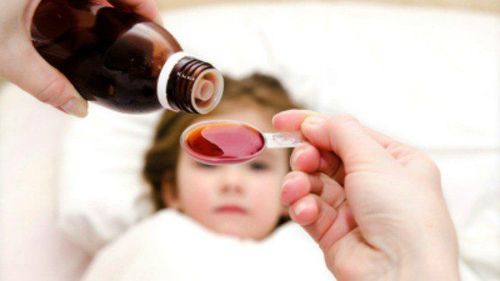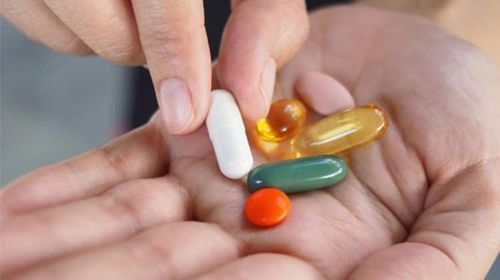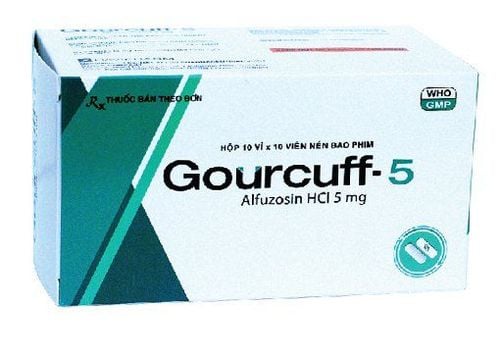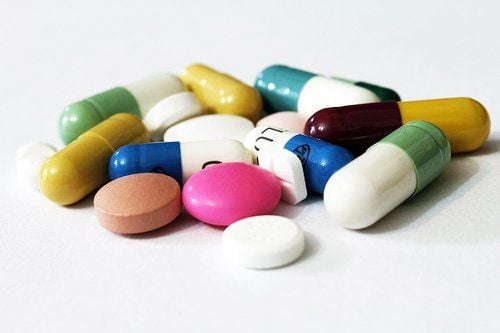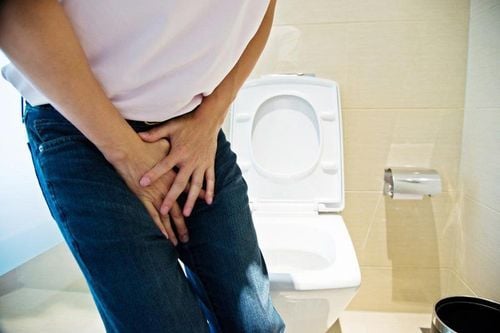This is an automatically translated article.
Urethritis in children is a common disease, caused by the growth of bacteria, parasites or viruses in the bladder (where urine is stored) and in the kidneys (where urine is filtered and made). ). Urethritis in children can have no symptoms or just make the child feel tired or it can cause very serious complications.
1. Causes of urethritis in children
1.1. Causes of urethritis in children Causes of urethritis in children are bacteria, fungi, parasites or viruses. At the top is the bacteria E.coli. Besides, there are other types of bacteria such as Klebsiella, Pseudomonas aeruginosa and Enterococci,... These bacteria usually exist in human feces, in living environment (in soil, dust, water and air, food, etc.) , vegetables, fruits...) somehow they come to reside around the anus and then into the urethra causing infection leading to urethritis in children.
From the cause of the disease, it is shown that a polluted living environment, improper hygiene and care for children can increase the risk of urethritis in children. Some specific conditions lead to urethritis in children such as not wearing pants or wearing punctured pants, playing on the ground, using diapers incorrectly (forgetting to change diapers, choosing diapers that are not dry for baby's skin). ...), children do not wash their hands after going to the toilet, ... are all jobs that create conditions for bacteria to reside, multiply and cause disease.
1.2. Risk factors increase the risk of infection Children under 2 years old: due to inadequate immune mechanism; Children with abnormalities in the urinary system (urinary tract diseases make the child's urine not circulate well, causing urine stagnation); Narrow the foreskin;

Hẹp bao quy đầu ở trẻ có thể làm tăng nguy cơ viêm niệu đạo
2. Symptoms of urethritis in children
Symptoms of urethritis in children over 3 years old are often the same as adults with the following manifestations:
Painful urination; Frequent urination, more often than usual; Urinating on the pants; Nocturnal enuresis; Feeling tired, unwell in the body; Loss of appetite, anorexia; High fever;

Viêm niệu đạo gây tình trạng sốt cao ở trẻ em
Feeling of pain in the lower abdomen or pain in the hips and back. Symptoms of urethritis in children under 3 years of age:
Children or infants have very silent and atypical symptoms. Babies can't complain of pain or complain of urinary discomfort, and it's also hard for you to keep track of how often your child urinates more often than usual (because babies are often swaddled and normally the frequency of urination is normal. of children is also a lot).
Babies often manifest through indirect signs such as urethritis causing fever, irritability, irritability, and crying. For younger children, childhood urethritis can be more severe due to sepsis (germs that enter the bloodstream and spread quickly throughout the body).
3. Prevention of urethritis in children
To prevent childhood urethritis for children, young parents must always pay attention to hygiene and children's daily activities, and should not be entrusted to grandparents as well as teachers at school. For young children, it is necessary to dry and change the baby's diaper immediately after going to the toilet, and at the same time, it is necessary to take the initiative to see if there is white residue on the diaper every time the diaper is changed. Observe the child urinating if the foreskin bulge or small urine stream needs to be examined promptly because it may be due to the length or narrowing of the foreskin. Parents need to guide and train their children to use the toilet properly. Children need to drink enough water every day, eat hygienically with fruits and vegetables to increase the amount of water to make the child's urine excretion system better. When detecting that the child has anatomical abnormalities of the urinary system, it is necessary to go to the doctor for early surgery to restore physiological function and prevent urethritis in young children due to stagnation of urine flow.
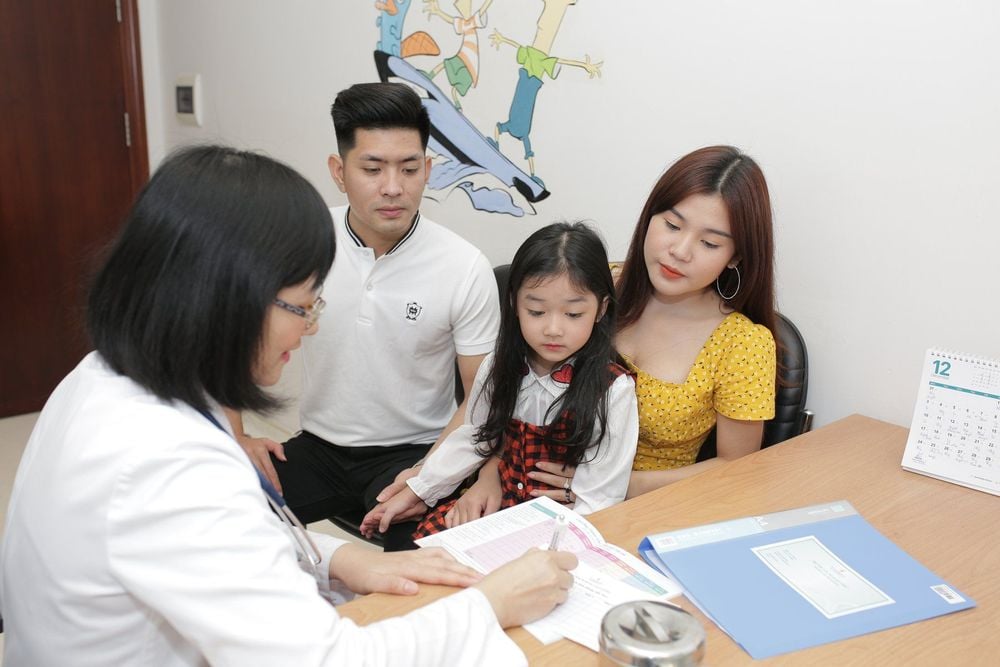
Khi trẻ xuất hiện triệu chứng viêm niệu đạo, cha mẹ cần đưa trẻ đến gặp bác sĩ để được thăm khám
Pediatrics department at Vinmec International General Hospital is the address for receiving and examining diseases that infants and young children are susceptible to: viral fever, bacterial fever, otitis media, pneumonia in children, .... With modern equipment, sterile space, minimizing the impact as well as the risk of disease spread. Along with that is the dedication from the doctors with professional experience with pediatric patients, making the examination no longer a concern of the parents.
Customers can directly go to Vinmec Health system nationwide to visit or contact the hotline here for support.




